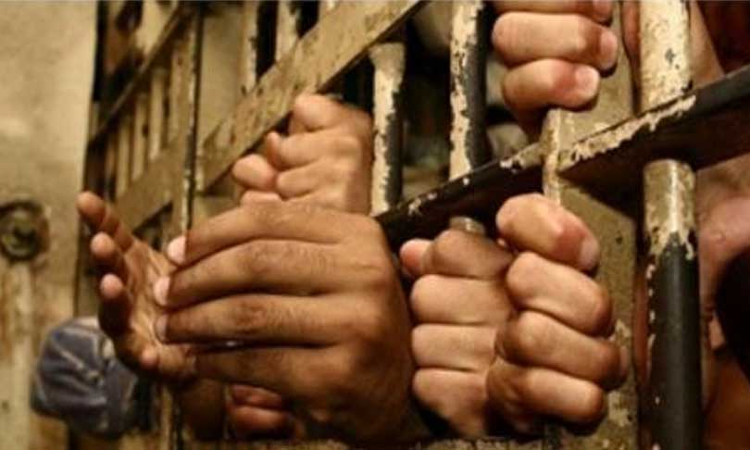Parole A Privilege Granted By State To Prisoners, Can't Be Clipped For Vague Reasons: Punjab & Haryana High Court
Sparsh Upadhyay
4 July 2021 7:30 PM IST

Next Story
4 July 2021 7:30 PM IST
Granting parole to a murder convict, the Punjab & Haryana High Court last week observed that parole is a privilege granted by the state to the prisoners, and the same cannot be clipped for vague reasons. The bench of Justice Ritu Bahri and Justice Archana Puri was hearing a plea filed by one Mohammad Sabir, a convict in murder and attempt to murder case seeking parole on the ground to...
